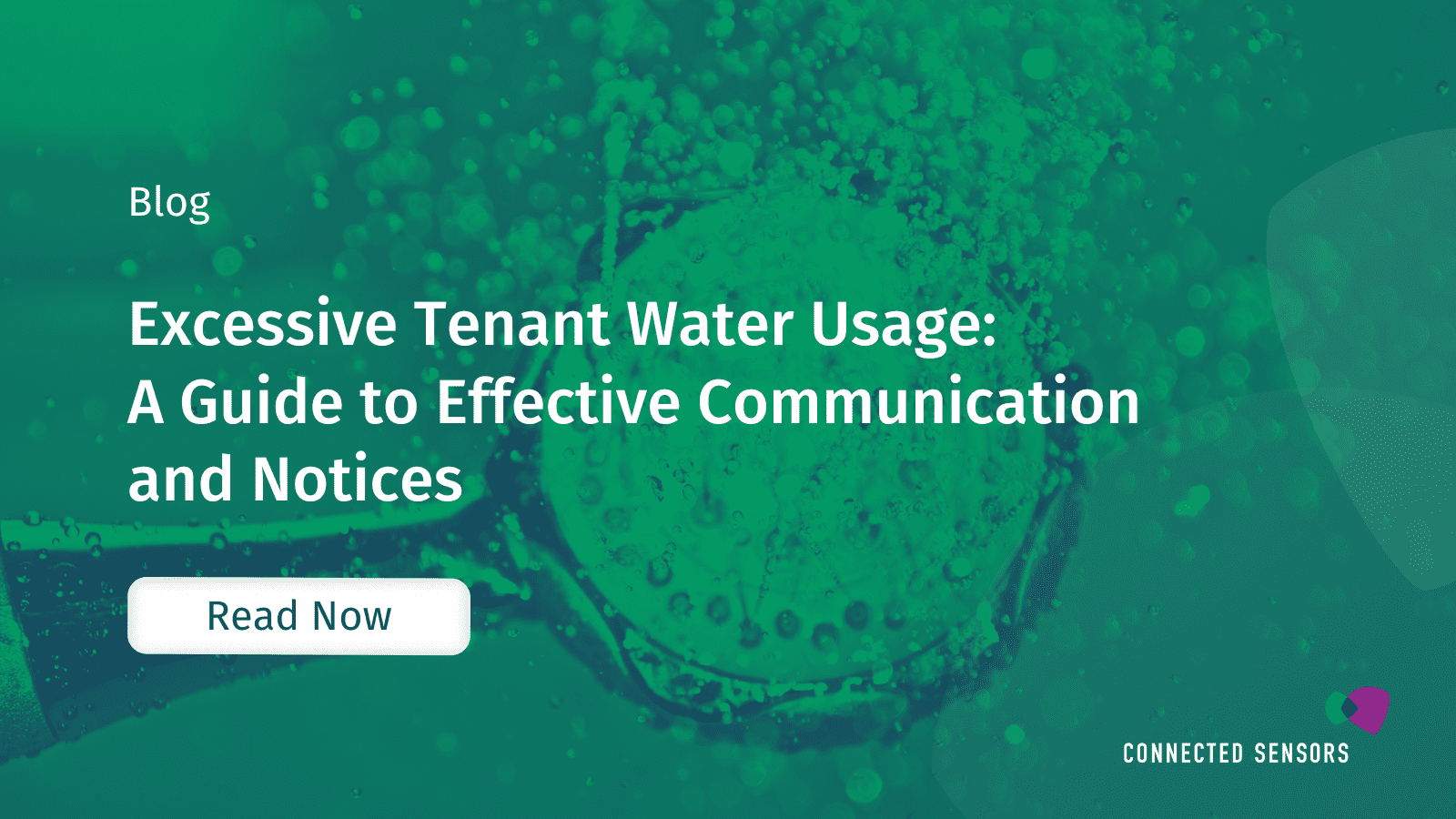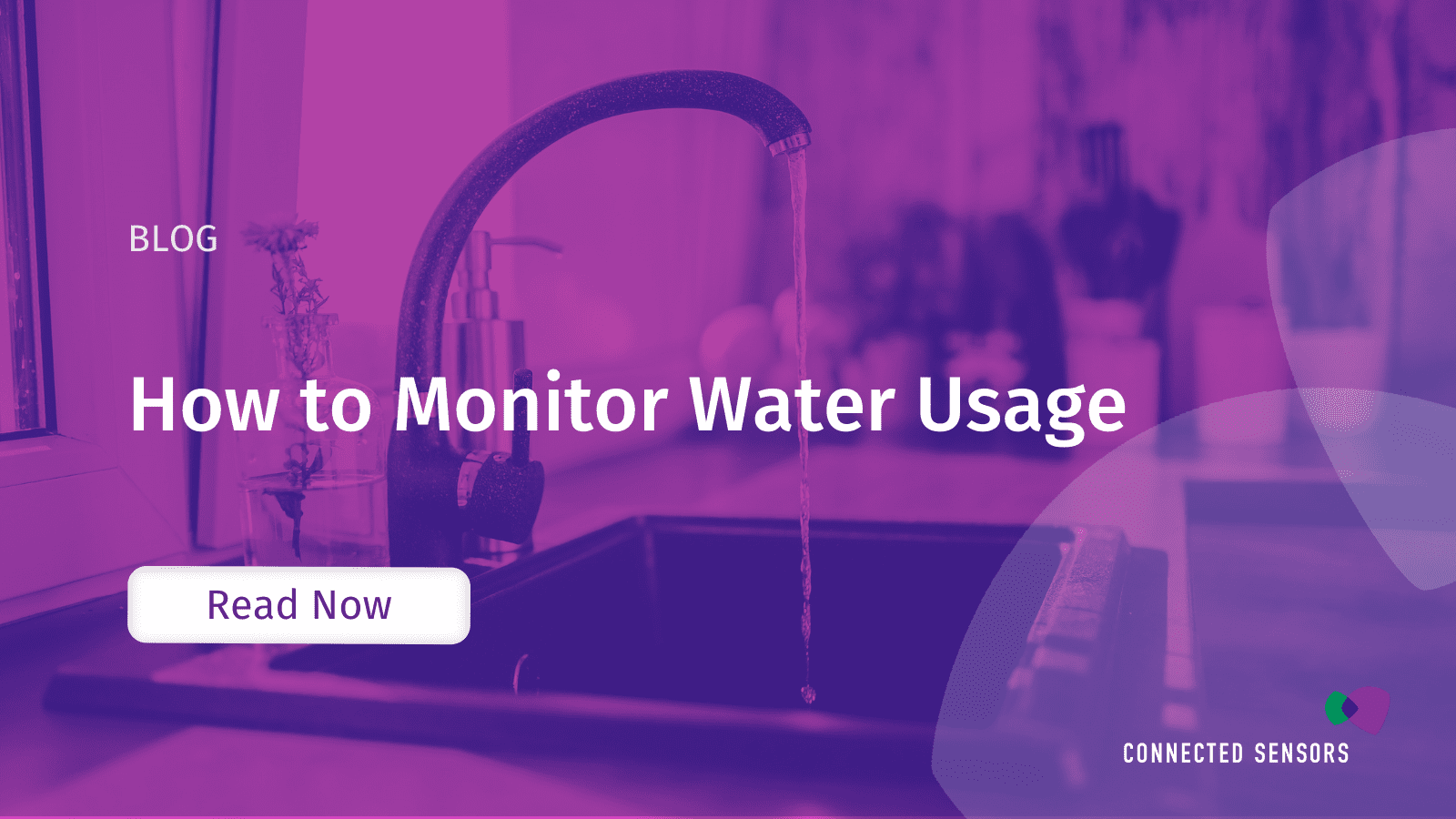





Properly disposing of your water waste is an important part of the environmental impact of your multi-residential building’s water system.
But why is properly disposing of sewage important? According to the UN, “as populations grow and natural environments become degraded, ensuring there are sufficient and safe water supplies for everyone is becoming increasingly challenging. A major part of the solution is to produce less pollution and improve the way we manage wastewater”. As our population grows and becomes more urbanized, more wastewater is produced and the overall pollution load is increasing as a result.
Furthermore, globally 80% of wastewater goes back into the ecosystem without treatment or with insufficient treatment, resulting in 1.8 billion people using contaminated drinking water, which can lead to diseases such as cholera and dysentery.
On a local scale, there are several negative impacts of flushing the wrong things down the toilet.
These include:
Below are a few ways that you can help your multi-residential building to ensure your sewage system is operating as smoothly as possible.
One of the most important ways to help your building’s waste water is to educate your tenants, since most of the water exiting your building will come from your tenants.
Working with your tenants to educate them on what they can and cannot flush will help your building’s sewage system work optimally.
Below are a sample of items that tenants may be flushing that they should not.
Currently there are several advanced wastewater treatment options available on the market. These systems can offer benefits such as improving nitrification/denitrification performance over traditional systems.
Screening devices are another option which reduce suspended solids by promoting natural sedimentation.
If you are located in Ontario, you can visit the ontario.ca website to perform a sewage self-assessment and ensure your system is compliant with regulations.
We all have a role to play in ensuring we protect our limited water resources during the entire use cycle, from source, to treatment, to conservation of use, to disposal. Multi-residential buildings play a large role in the protection of our water. To learn more about how your building can help, contact us today.
© 2023 All rights reserved